The Nigeria Sovereign Investment Authority (NSIA) says it is confident the Second Niger Bridge would be completed by 2022.
This was disclosed by Uche Orji, NSIA’s Managing Director, at the weekly State House media briefing organised by the Presidential Communications Team on Thursday at the Presidential Villa, Abuja, according to the News Agency of Nigeria.
Orji recalled that the Presidential Infrastructure Development Fund (PIDF), managed by NSIA, was set up in 2018 with the aim of finalizing projects that were experiencing financing delays. The projects include the Second Niger Bridge, Abuja-Kaduna-Kano, Lagos-Ibadan Expressways and the Mambilla Hydro-power project.
“PIDF was set up as a mechanism that takes government contribution, NSIA contribution, and opens the door for investors to come in as a way to make sure that we finish these projects on time and the progress has been quite impressive in the last three years of the PIDF being set up.
A lot of money has gone into these roads, Lagos-Ibadan Expressway is split into two sections; there is Lagos to Sagamu; which is being handled by Julius Berger and Sagamu to Ibadan which is being handled by RCC,” he said.
He said that there are three phases to the 2nd Niger Bridge which cuts across Asaba to Onitsha, Delta and Anambra States. He said that the phases were 2A, 2B and Phase 1.
“Then there are 2A and 2B, these are further access roads stretching back into the Benin-Asaba Expressway as well as all the way connecting the Owerri interchange and going toward Obosi,” he said.
He added that Phase 1 is the NSIA’s priority, which is 62% completed, and added that contractors are about to start Phases 2A and 2B, “but the bridge can be operational once we finish just 2A.”
“Phase 1 is the first project given to NSIA to handle, the expected completion date is 2022, and I think from what I have seen, I can confidently say that it will be completed by 2022,” he added.
He also revealed that the Federal Government owns 45.8 % of the NSIA, state governments own 36.2%, local governments own 17.8% and the FCT owns 0.16%.
“The NSIA has overtime received contributions—initially one billion dollars and nothing for quite some time until when President Muhammadu Buhari started.
“NSIA has received all together $1.6 billion from the government and has earned returns that have put NSIA assets at $2.3 billion. So, over time, it is coming up to almost 700 million dollars in returns from its core investments,” he added.
He also added that that NSIA now manages the PIDF to which there have been significant contributions totalling $650 million, $265 million later on and more recently, the Abacha funds which have been recovered, about $311 million dollars which has been transferred to the NSIA.

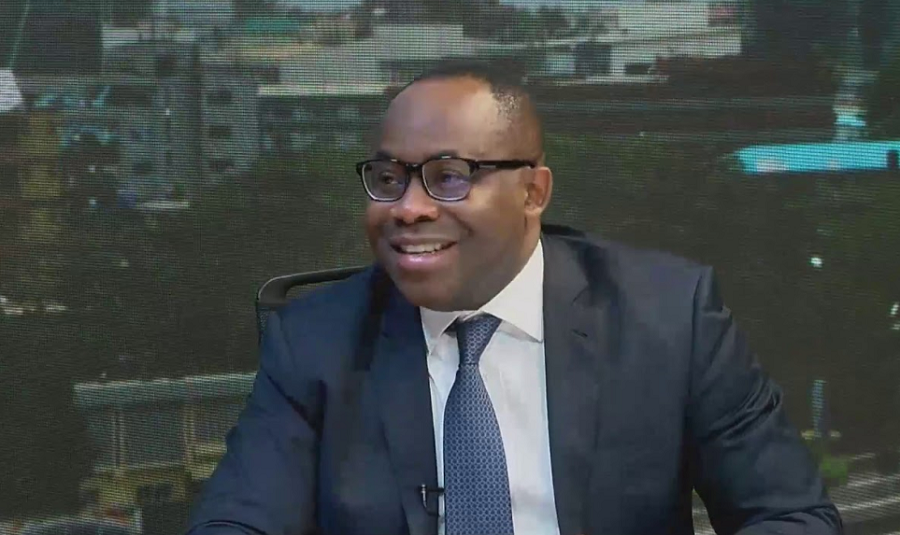


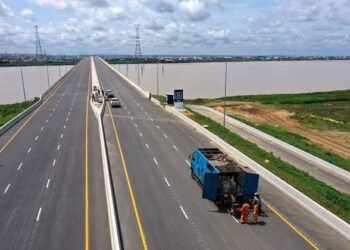

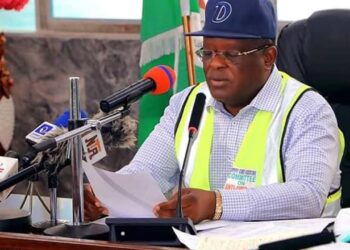
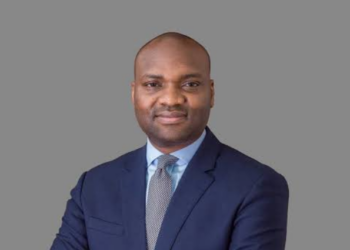
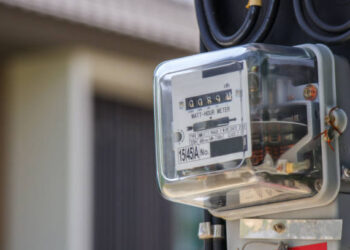
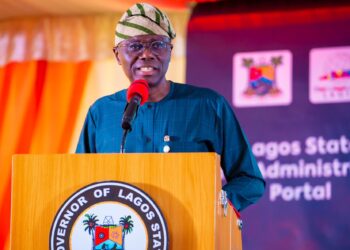









I will